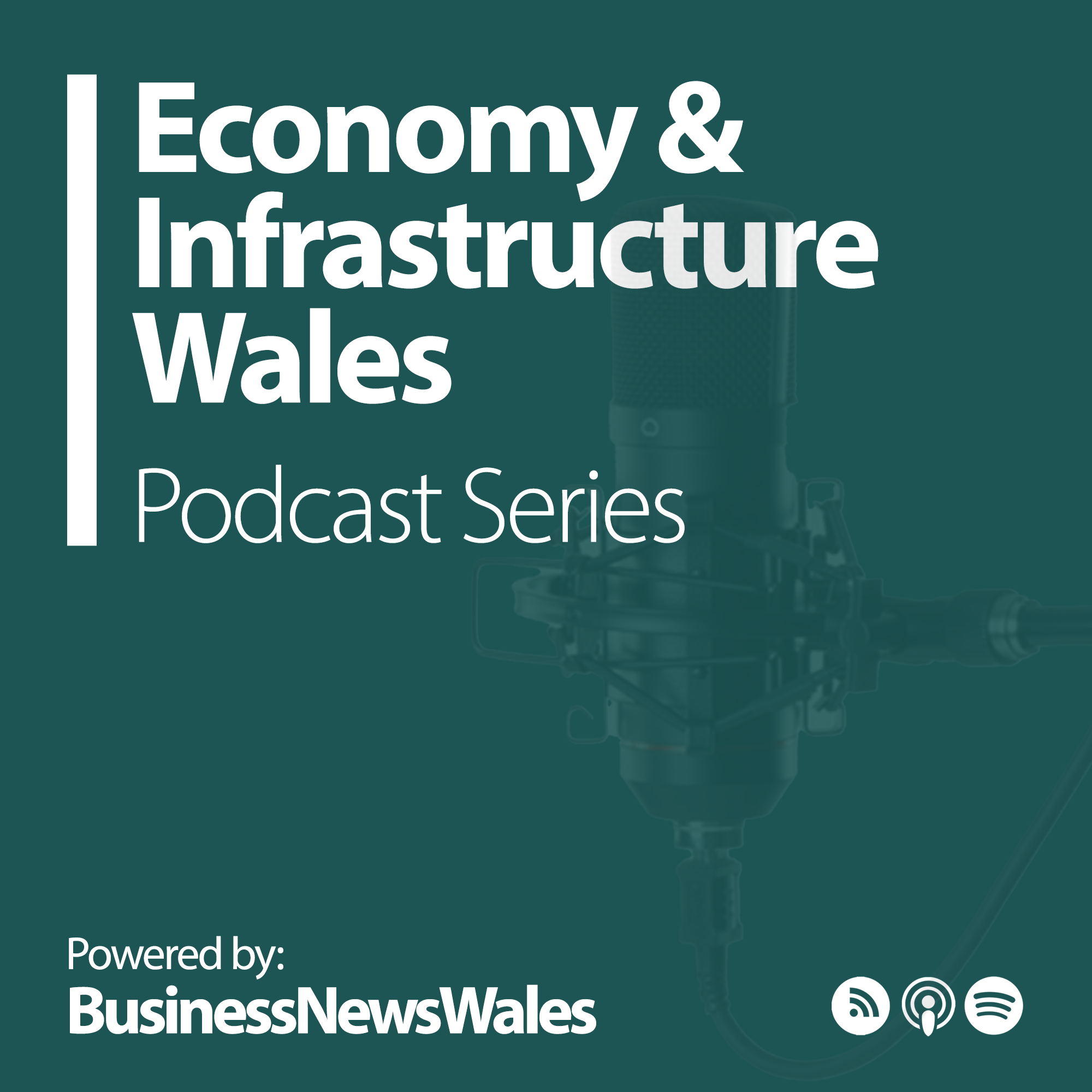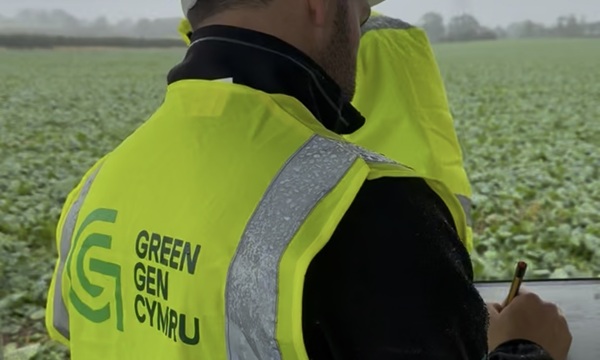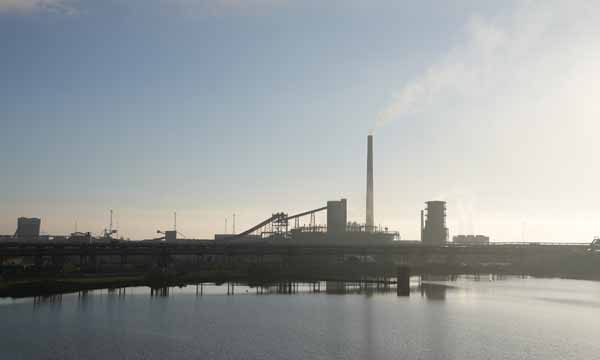
GUEST COLUMN:
Dr Edward Thomas Jones
Senior Lecturer in Economics, Bangor Business School
Bangor University

Liberation Day: Did a global trade war begin on Wednesday?
They’re off!
The Grand National took place on Saturday. I always look forward to this sporting event; for days before the big race I study the form, look at the recent success of trainers, and talk with friends about which horse to back. The Grand National's Saturday lineup was confirmed on Thursday morning. However, I thought this announcement had come early. On Wednesday, Donald Trump stood outside the White House with a big board like those used for horse races. Instead of horses, Trump's board showed the tariffs the United States plans to levy against numerous countries.
Tariffs are a tax on imports
The tariffs announced by Trump are those that the U.S. will apply to goods coming into the country from different countries. To put it simply, a tariff is a tax on imports. It's commonly a percentage of the import value, with variations based on product and origin.
A universal 10% tariff on all countries, including the U.K., was announced by the U.S. Other countries, such as China (34%), the EU (20%), and Japan (24%), will face significantly higher tariffs. Furthermore, a 25% tariff will be imposed by the U.S. on all imported cars. Wednesday's tariff announcements could be only the beginning. The President has granted himself the power to modify tariffs in response to countries' cooperation on trade and security issues.
Although the U.K. (aside from its car sector) largely avoided significant negative impacts, its economy is still predicted to be negatively affected by these new trade deals. The British economy will be impacted not only by these direct tariffs but also by the slowdown in its major trading partners, like the E.U., who face much higher tariffs. A prolonged slowdown in the British economy could wipeout Rachel Reeves’ fiscal headroom of £9.9 billion announced in her Spring Statement. If this were to happen, the Chancellor may need to increase taxes later this year.
Who was President William McKinley?
Throughout his presidential campaign, Trump repeatedly said that he planned to impose enormous tariffs on foreign imports and spoke of the policy in glowing terms. He claimed his tariffs would defy traditional economic wisdom, strengthening domestic industries, returning jobs to the U.S., and producing considerable income. Trump called “tariff” the most beautiful word in the dictionary. His love for tariffs comes from William McKinley.
William McKinley won the 1896 presidential election, making him the 25th U.S. president. He built his reputation in Congress on high tariffs, promising protection for American businesses and factory workers. Tariffs are essentially taxes imposed on goods from abroad. President McKinley, nicknamed the “Napoleon of Protection,” adjusted tariffs – raising some and lowering others – to safeguard American economic interests. Import duties jumped to nearly 50% because of the new tariff. This rise aimed to shield domestic industries and workers from foreign competition while boosting federal revenue. Tariffs were the primary revenue source then, as there was no income tax.
The Napoleon of protection
Donald Trump has expressed admiration for William McKinley because of his economic nationalism, protectionist trade policies, and expansionism, all key aspects of Trump's “America First” platform. In his inaugural address, he referred to McKinley as a great president who made the U.S. very rich through tariffs. Trump's admiration is so great that he renamed North America's highest peak Mount McKinley to honour him.
Trump portrays McKinley's time as a golden age for the U.S., and that the strong economy was due to tariffs. While the U.S. economy did grow in the late 1800s, it's hard to know if that was exclusively because of tariffs. This period was also marked by both rapid industrialisation and significant immigration – both key inputs for economic growth. Industrialization was boosted by technological progress, notably better access to electricity and telecommunications, and the growth of the railroads. A large influx of immigrants, a policy Trump wouldn't support, fuelled U.S. economic growth by offering a readily available supply of low-cost labour.
Tariff is not the most beautiful word in the dictionary
The tariffs announced by Trump will not only hurt the economies of other countries but also the U.S. economy itself. The view among economists is that tariffs will make imports (and U.S. goods containing imported components) cost more for American consumers, while spurring retaliation from targeted countries that will harm American exporters, slowing overall economic activity and possibly leading to market panic and recession. These arguments haven't swayed Trump.
While it’s clear that Trump loves tariffs, it’s less clear what, exactly, he thinks he’s trying to achieve with them.
Trump has sometimes appeared to use the threat of tariffs as a negotiating tool to extract policy compromises from other countries. The hope of many is that the tariffs are just temporary, that Trump will claim victory, sign great deals, and go back to normal trade policies.
The way the U.S. has calculated the tariffs is completely opaque and arbitrary. The economic effects of tariffs will be debated for years to come. Yet, it's hard to imagine anyone opposing the notion that a universally accepted and fair trade system is better than no system at all. The global economic crises and subsequent wars of the 1920s-30s taught the world that having some trade rules is better than having none. Sadly, it looks like we are about to learn this lesson again.













